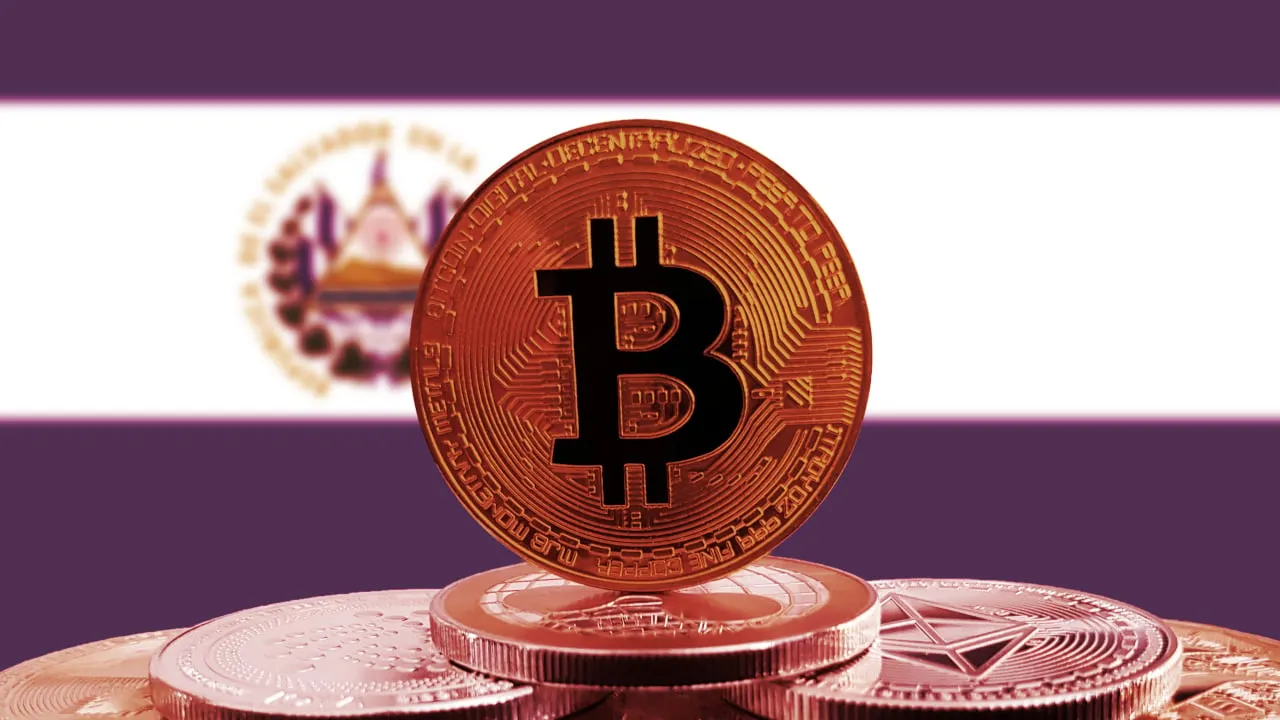Most Salvadorans do not want to accept Bitcoin as legal tender, according to an August poll by the Central American University (UCA).
A total of 67.9% of 1,281 people surveyed said they disagree—or strongly disagree—with Bitcoin becoming legal tender in the country. Under a third of respondents (32%) said they agree with the decision to a certain extent.
“What we can see in this survey, in addition to this broad rejection of Bitcoin as legal tender, is that for the first time we found a significant disagreement between the population and decisions being made by the Legislative Assembly and the president,” reportedly said UCA dean Andreu Oliva.
“There is a lot of concern about the possible negative effects of using Bitcoin,” Oliva added.
This is not the first time evidence has shown that the majority of Salvadorans disagree with adopting Bitcoin as legal tender.
Forcing financial freedom on El Salvador
Earlier this summer, a study commissioned by the Center for Citizen Studies (CEC) at Francisco Gavidia University (UFG), found that over three-quarters of Salvadorans viewed Bitcoin adoption as “not very wise” or “not wise at all.”
Less than 13% of respondents believed the policy was wise.
What’s more, Salvadorans are not just relying on surveys to show their opposition to President Bukele’s Bitcoin Law. Citizens have also taken to the streets in protest.
In July, a group organized by the “Block of Resistance and Popular Rebellion” protested outside the country’s Legislative Assembly against Bitcoin as legal tender. “It is a law that generates legal insecurity and that could be used to defraud users and also facilitate money and asset laundering,” said activist Idalia Zuñiga at the time.
Last week, protests resumed, with protesters sporting signs that read “No al lavado de dinero corrupto,”—translating to “no to laundering corrupt money.”
September 7 is fast approaching
Despite the efforts of Bukele’s detractors, Bitcoin will become legal tender in El Salvador on September 7, 2021.
Once that happens, businesses in El Salvador will—despite President Bukele’s recent tweets to the contrary—be obligated to accept Bitcoin as legal tender when it is offered to them in exchange for goods and services.
According to Article 7 of the Bitcoin Law, “every economic agent must accept Bitcoin as payment when offered to him by whoever acquires a good or service.”
Outside El Salvador, the president’s policy has generated criticism from some of the largest monetary organizations in the world.
“Privately issued crypto assets like Bitcoin come with substantial risks. Making them equivalent to a national currency is an inadvisable shortcut,” the IMF tweeted this week, reiterating concerns originally published in July.
The World Bank also slammed President Bukele’s policy this summer, refusing to help El Salvador implement Bitcoin as legal tender over environmental and transparency concerns.

